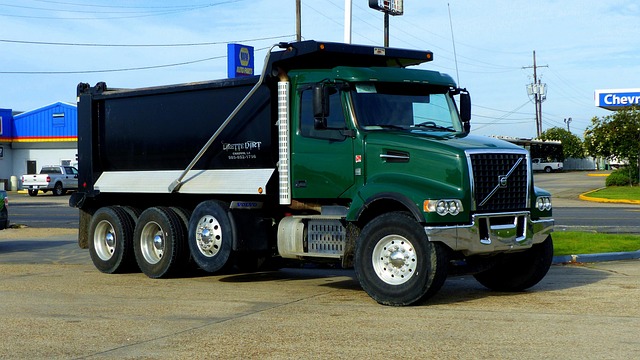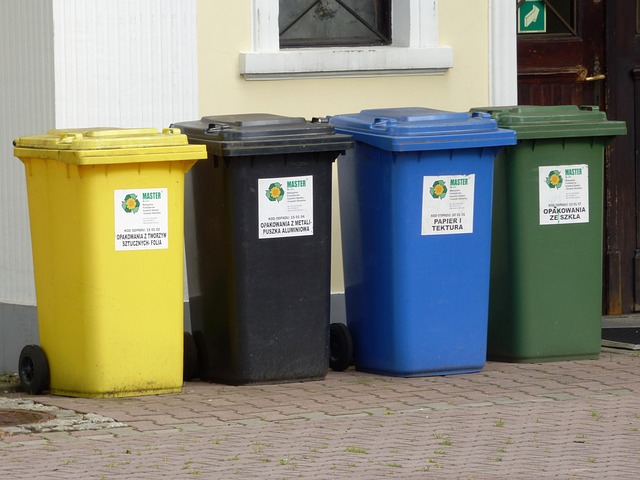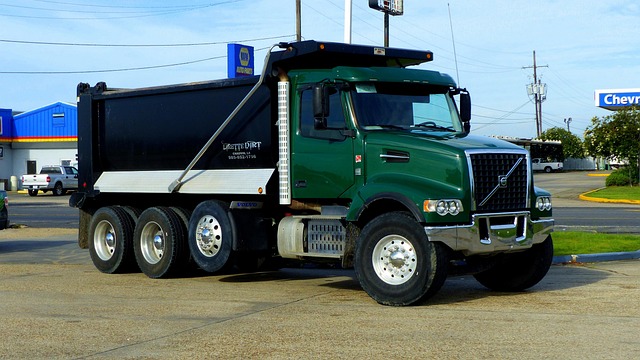Save Money & Time: Top-Rated Dumpster Rentals for Lebanon
Are you a Lebanon homeowner or contractor facing a mountain of construction debris? Say goodbye to b…….
Introduction
In an age where waste management is a critical concern for environmental sustainability, Lebanon’s rental dumpster sector stands out as a dynamic and evolving industry. This comprehensive article delves into the intricacies of Lebanon’s rental dumpster market, offering readers a deep understanding of its operations, economic significance, technological advancements, and regulatory environment. We will explore the challenges and future prospects of this industry, providing insights that will help stakeholders navigate and capitalize on the opportunities within this sector.
Understanding Lebanon Rental Dumpster
Lebanon rental dumpsters are specialized containers used for the temporary storage of waste and debris generated by construction, renovation, or large-scale cleaning projects. These units are rented out to clients who require disposal solutions that are both efficient and cost-effective. The core components of a rental dumpster service include the dumpsters themselves, which come in various sizes; a fleet of trucks for transportation; and a team of professionals handling logistics, customer service, and waste disposal at certified facilities.
Historically, the rental dumpster industry in Lebanon has evolved from traditional waste collection methods to a sophisticated service that caters to both residential and commercial sectors. Its significance lies not only in waste management but also in its role as an environmental steward, contributing to the reduction of illegal dumping and promoting recycling initiatives.
Global Impact and Trends
The rental dumpster industry is a global phenomenon, with significant contributions from countries like Lebanon. International trends show a growing emphasis on sustainable waste management practices, driven by increasing urbanization and construction activities. The demand for eco-friendly disposal solutions has led to innovations in dumpster technology, including energy-efficient manufacturing processes and smart waste management systems that optimize route planning and reduce carbon emissions.
Regions with burgeoning construction sectors, such as Asia and parts of Africa, are adopting rental dumpster services at a rapid pace. Conversely, developed nations are focusing on improving the efficiency and sustainability of their waste management systems, with rental dumpsters playing a pivotal role.
Economic Considerations
From a macroeconomic perspective, the rental dumpster industry in Lebanon contributes to the national economy by creating jobs, stimulating demand for related industries (e.g., manufacturing, logistics), and fostering entrepreneurship. Market dynamics within this sector are influenced by factors such as economic growth, real estate development, and population density.
Investment patterns indicate a positive outlook for rental dumpster providers, with potential for vertical integration into recycling centers and waste-to-energy facilities. The industry’s resilience is demonstrated during economic downturns, where waste management remains a constant need despite fluctuating market conditions.
Technological Advancements
Technology has revolutionized the rental dumpster sector with advancements such as GPS tracking for optimal routing, smart containers that monitor weight and fill levels, and automated payment systems. These innovations not only enhance operational efficiency but also provide clients with real-time updates and predictive analytics on waste management needs.
Future potential includes the development of self-cleaning dumpsters, advanced recycling sorting mechanisms, and AI-driven route optimization software. Such advancements promise to further streamline operations and reduce environmental impact.
Policy and Regulation
Lebanon’s rental dumpster industry is governed by a comprehensive set of policies and regulations that ensure environmental protection, safety standards, and ethical business practices. These include waste management laws, environmental protection regulations, and transportation guidelines.
Legislative frameworks are continuously updated to address emerging challenges such as pollution control, resource recovery, and the integration of sustainable practices within the industry. Compliance with these regulations is paramount for companies operating within the sector.
Challenges and Criticisms
The rental dumpster industry in Lebanon faces several challenges, including regulatory compliance, waste contamination, and operational inefficiencies. Critics often highlight issues such as improper disposal, fleet emissions, and the economic impact of recycling policies.
To overcome these obstacles, stakeholders must adopt a multi-faceted approach that includes investing in cleaner technologies, improving waste sorting practices, and engaging in public education campaigns to promote responsible waste management.
Case Studies
Several case studies illustrate the successful implementation of rental dumpster services in Lebanon. One such example is the partnership between local rental companies and municipalities to streamline urban waste collection, resulting in cleaner streets and reduced illegal dumping. Another case study demonstrates how a leading rental dumpster provider successfully integrated a recycling program that diverted thousands of tons of construction waste from landfills annually.
These success stories provide valuable lessons on the importance of collaboration, innovation, and strategic planning within the rental dumpster industry.
Future Prospects
The future of Lebanon’s rental dumpster sector is poised for growth, with potential expansion into new markets and the development of new services tailored to emerging waste management needs. Trends indicate a growing emphasis on sustainability, with a shift towards zero-waste initiatives and the use of dumpsters in community-based recycling programs.
Strategic considerations for the future include the adoption of smart technologies, the expansion of recycling infrastructure, and the development of partnerships with environmental organizations to promote waste reduction and sustainable practices.
Conclusion
The rental dumpster industry in Lebanon plays a critical role in modern waste management systems. Its integration of technology, commitment to sustainability, and adaptability to regulatory frameworks position it as a key player in the global waste management landscape. With ongoing innovation and strategic planning, the industry is well-equipped to meet future challenges and contribute positively to both environmental stewardship and economic development.
This text provides a comprehensive overview of the rental dumpster industry in Lebanon, addressing various aspects from technology and policy to economic impact and future prospects. It is structured to guide readers through the sector’s current state and its role on the global stage, with a focus on sustainability and innovation.

Are you a Lebanon homeowner or contractor facing a mountain of construction debris? Say goodbye to b…….

Tired of dealing with event waste in a cluttered Lebanon yard? Stop the hassle! Our Lebanon rental d…….

Are you in Lebanon, TN, and needing a dumpster for your next project but worried about the cost? Loo…….

Tired of the hassle and cost of traditional trash removal for your Lebanon, TN projects? Look no fur…….

Are you planning a remodeling project in Lebanon, TN? Tired of juggling messy debris and limited spa…….

Struggling with school cleanup? Save time and money with Lebanon rental dumpsters. Our free delivery…….

Tired of overpaying for waste management in Lebanon, TN? Say goodbye to high dumpster rental costs!…….

Are you tired of overpaying for dumpster rental services during your remodeling project in Lebanon,…….

Are you in Lebanon, TN, tackling a large project but dreading the cost of dumpster rentals? Look no…….

Struggling with a messy home cleanout in Lebanon? Say goodbye to backbreaking labor and expensive ha…….